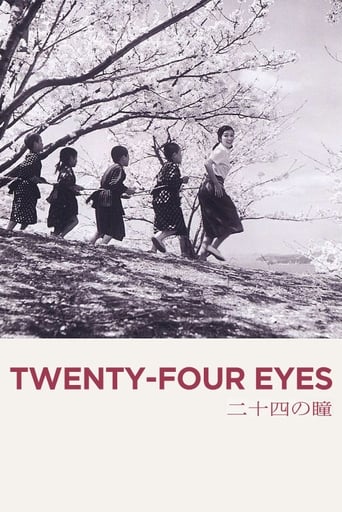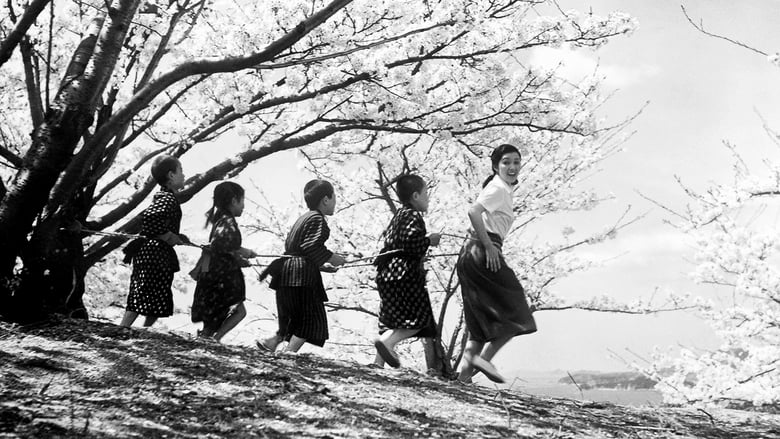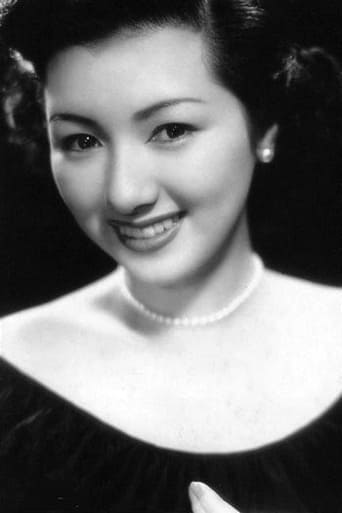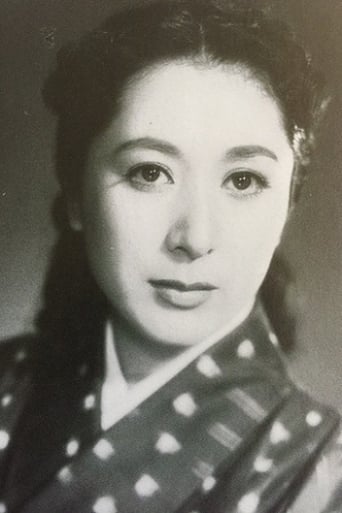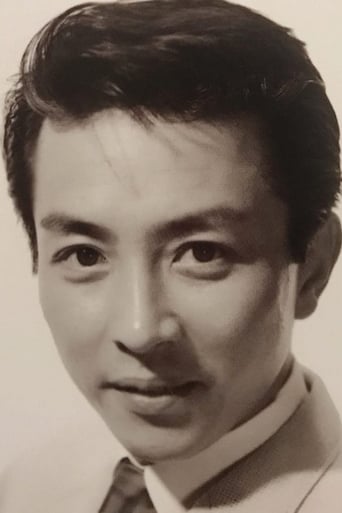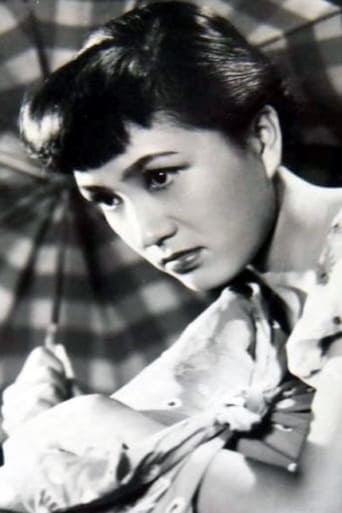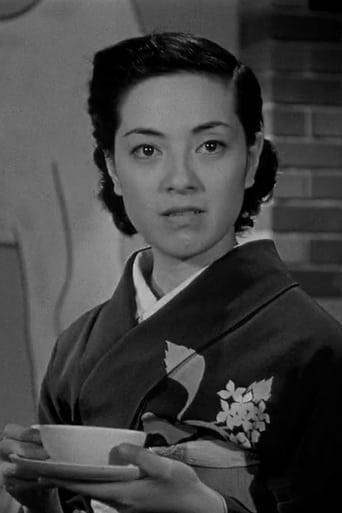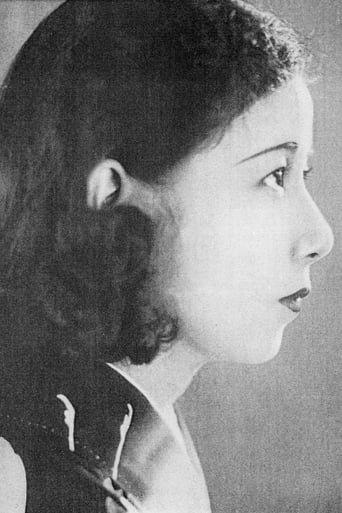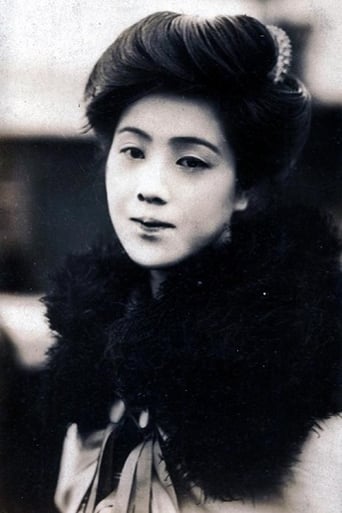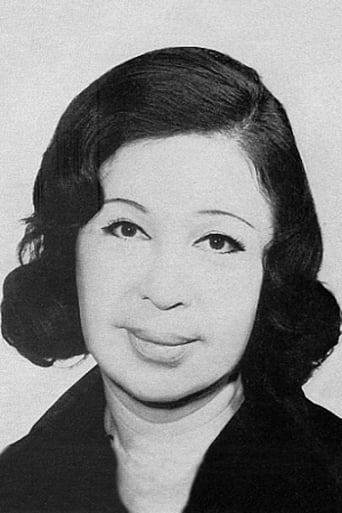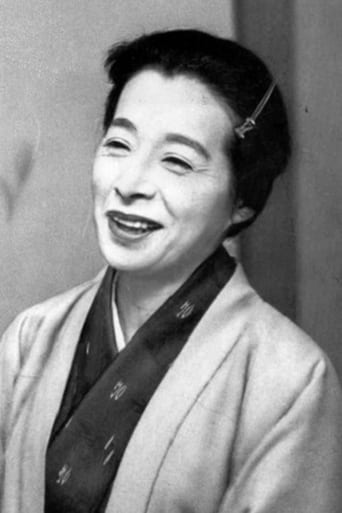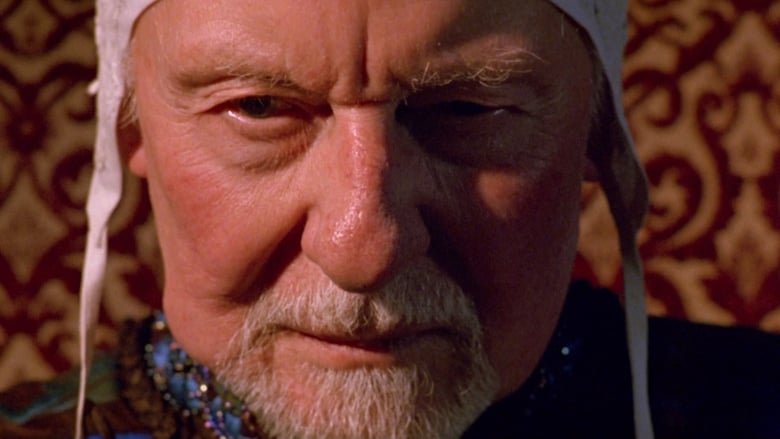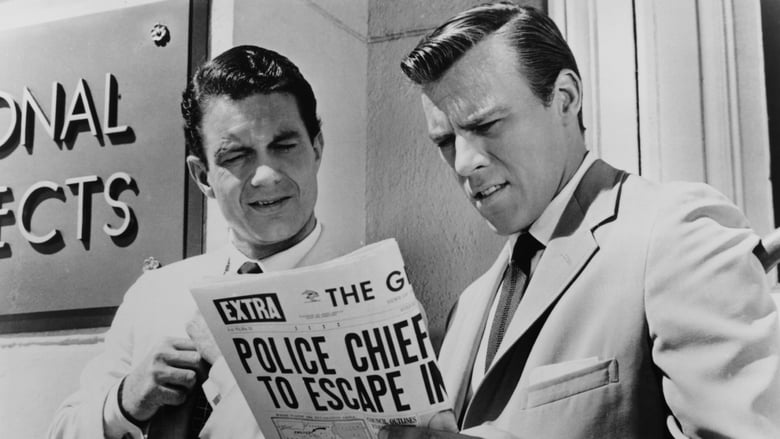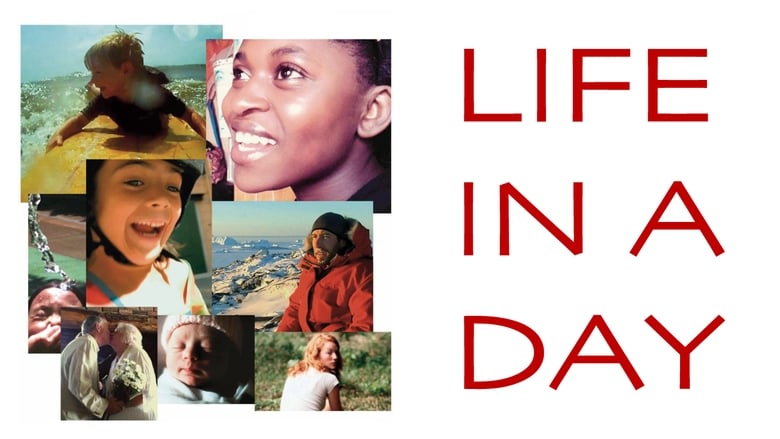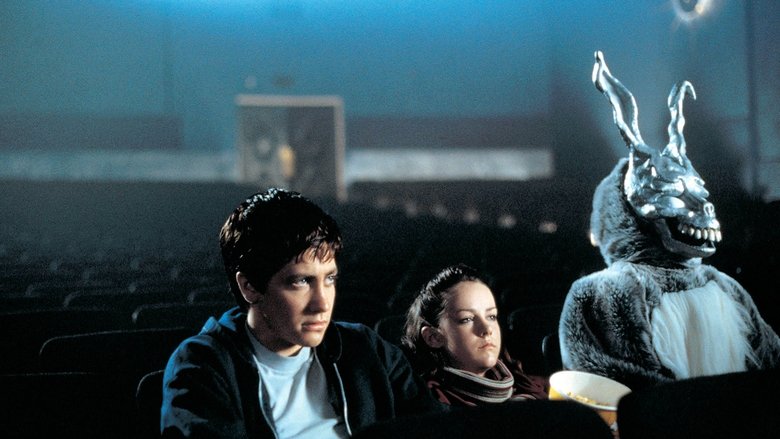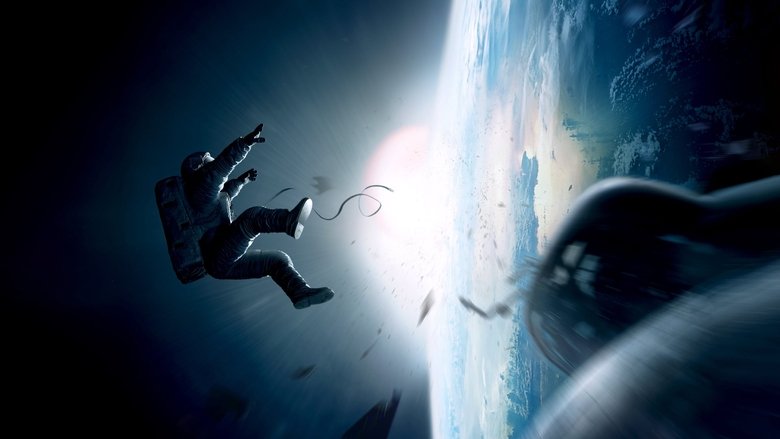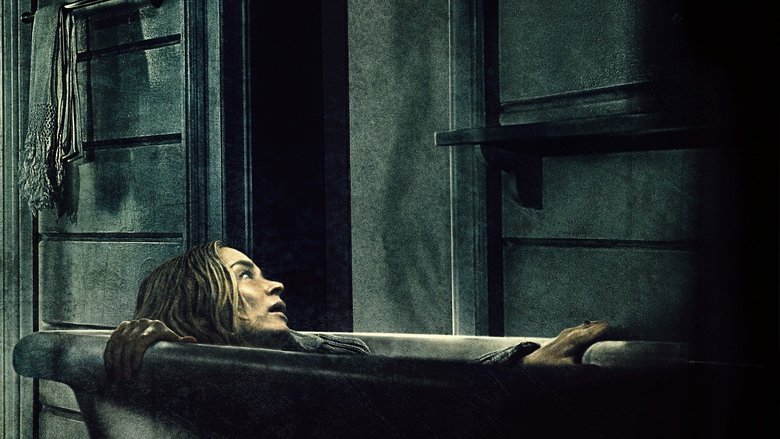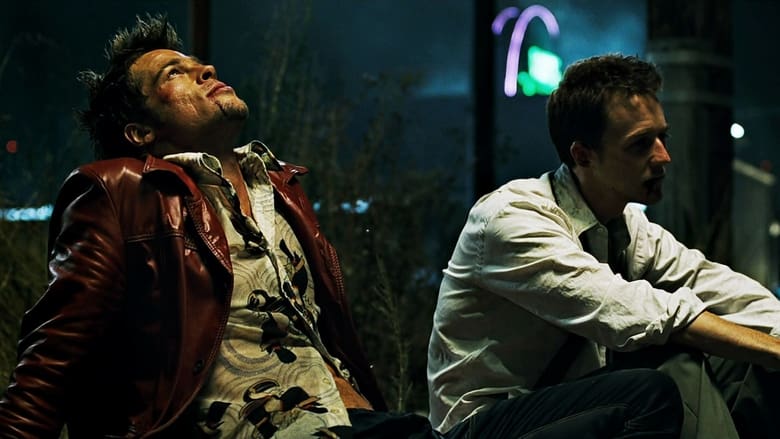In 1928, schoolteacher Hisako Oishi takes a post on the island of Shodoshima teaching a group of twelve first grade students. In the following years, they face poverty, the rise of nationalism, and finally war.


Similar titles

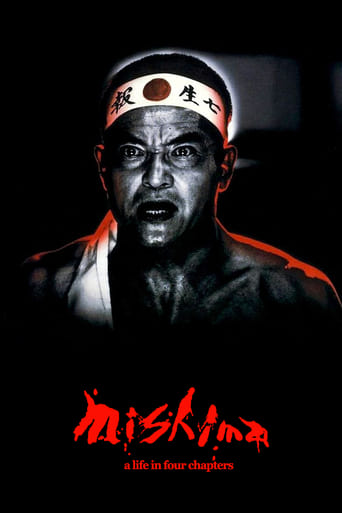
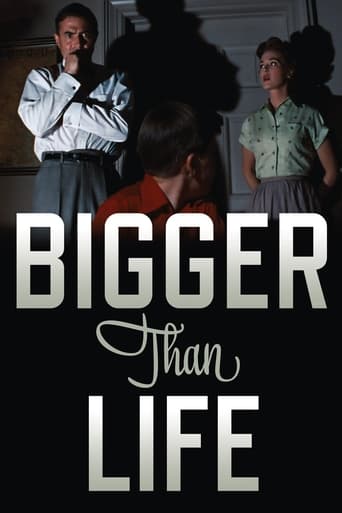
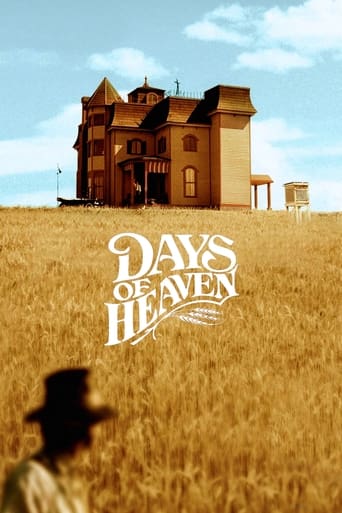

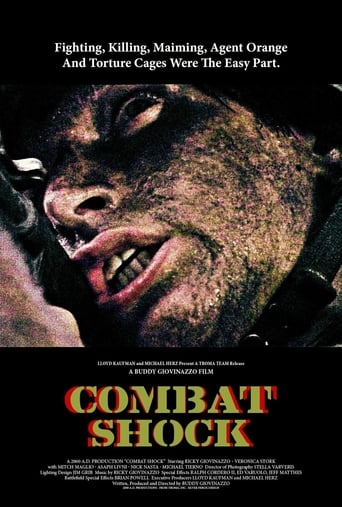
Reviews
In this gentle emotional piece which was produced after World War II, we see the world through the eyes of a teacher who has "Western" ideas. She cannot fathom the culture that tells twelve year olds that they should embrace death for the glorious Emperor. She gets a job in a school in the hinterlands and immediately annoys the older population by riding a bicycle instead of walking (there are no other bicycles). Soon she is attached to her students but falls under the heel of administrators and the political climate. At times she puts herself in danger by talking about certain things in her classroom. As the years pass, her students go different ways, people die from starvation, others go through great pain because of no future. The war, of course, claims some. This is a very long film and full of emotion. As is the case with many Japanes films, there is patriotic singing throughout, a kind of indoctrination. But there are also folk songs which parallel the events that take place. This is a priceless film if you can stay for the duration.
This film is a not-so-subtle piece of propaganda, written primarily for the people of Japan who apparently needed to wallow in the self-pity they experienced in the wake of World War II. Masterfully set around a benevolent, loving and "enlightened" teacher - who even manages to "shock" the island's inhabitants by wearing Western clothes and riding a bicycle - and her twelve original pupils, whose "twenty-four teary eyes" are constantly exploited for the manipulation of the viewer, the story does nothing to appeal to the collective sense of shame and remorse that the Japanese nation should have felt. War was treated as something of a "brutal reality" that somehow was "forced" on Japan and its inhabitants, to the point that she had to send her young men to spill their blood and give their lives heroically in the defense of the "motherland." Most infuriating was the casual mention of the "incidents" in Manchuria and Shanghai. Not even a word, if only in passing, about Nanking! Let the viewer - especially the Japanese viewer! - remember that many of the girls raped in Nanking were not much older than the teary-eyed girls shown in the film. Chinese young men fared no better as many were decapitated or buried alive for the "sport" and amusement of the Japanese butchers! This is the most shameful film in memory, one that even the Nazi propaganda machine would have had a hard time pulling off - yes, Joseph Goebbels would have been proud of it. A TOTAL WASTE OF TWO-AND-A-HALF HOURS! I will have to wash this filth from my mind tomorrow by viewing the 2007 documentary "Nanking." And, finally, a question for all those who have lavished praise for the story, the actors the director and his cinematic "accomplishment": If this story had been written in Germany in 1954 by a famous film-maker and presented to the world as a reality in that country during the years the story covered, would the movie critics' reaction be the same? Would YOUR reaction be the same? Something to think about!
Before I watched 24 Ey"es, I prepared myself for what I thought would be a Japanese version of Goodbye, Mr Chips" {a film I have never really enjoyed despite my appreciation of Robert Donat}. What I experienced was something much more realistic and emotionally moving. Rather than being a sentimental tale of the dedicated teacher earning the life-long love of her pupils, it is the greater and deeper saga of a loving woman who happens to be a teacher and who is also a moral mentor for those who need her devotion, guidance, example, courage and love during the lean, desperate, and sometimes frightening years during which she works. That time context is the difficult period beginning with the Depression and including the terrible years of the Second World War.Naturally a human focus is necessary because of the large time span covered in the film and the director chooses the twelve pupils who are part of Oishi's first experiences and with whom she relates at various times through her life. Kinoshita skilfully manages the contrast between the time and the person throughout the film. Everyone has the right to their own opinions which must be respected, but I can only disagree with the viewer who criticised the film as "unshaded and unshaped to the point of tedium". Yes, the film is long. But every incident has a function and the totality is far from "unshaped". Likewise the criticism that the heroine was well named as "Miss Cry Baby" by her students is unfair. I think that this perspective simply misses the fact that the cultural restrictions of the time {which included a major war} were such as made any proactive assault on social attitudes completely impossible.So this film is not at all sentimental in the Mr Chips mode. Miss Oishi has accidents, deals with the problems of unsympathetic and intractable parents, is regarded as possibly being a "Red", and has to watch her clearly well-meaning principal burn a book of literary works by students because they are not politically correct. She leaves teaching for a period, in part out of disillusionment and in part to raise her own family, allowing us to see another dimension to her character.The original twelve students continue to impact in various ways throughout her life, forming a rhythm and pattern which not only brings happiness and sorrow, but helps to inform her vision of life with its stoical, courageous strength—a strength she imparts to them in return.It is quite a beautiful film and the DVD has as an extra a superb interview with the Japanese film historian, Tadao Sato which is revelatory and sensitive. He mentions that when the children grew older, look-alike siblings were chosen by Kinoshita to play the roles! He explains a great deal about the cultural, political, and social contexts which make this film so effective and have made it a cinematic icon for the Japanese people.
It was a pleasure for me to see this lovely movie, a film I've really wished to see in the last four years but I couldn't do it until today. I heard about this movie when I lived in Japan and visited Shodoshima island, where "Eiga Mura" (Cinema Village), the place this film was made, can still be visited and the atmosphere of the past can be enjoyed. To be honest, I must say that "Nijushi no hitomi" wasn't for me the "exceptional film" I expected to see, but anyway it has been a pleasant experience. The life of the rural teacher, from the start of her career (in the mid 20's) to the time she retakes her teaching position after having become a widow (in the 40's, after the end of WWII), is an interesting guide to discover the traditional life and mentalities in the small islands of Seto (Japan Inland Sea). A good point for this film: it is usually said that this is an "anti-war" film. Well, it is true that the teacher shows a clear position against the wars Japan was involved (the war against China and the later Pacific War against the USA), but this film mustn't be considered as a pacifist pamphlet: the honest position of the teacher against the war is just one more detail in this complete description of how life should be in rural Japan during those difficult prewar, war and postwar years. A film that should be shown in every school around the world.
